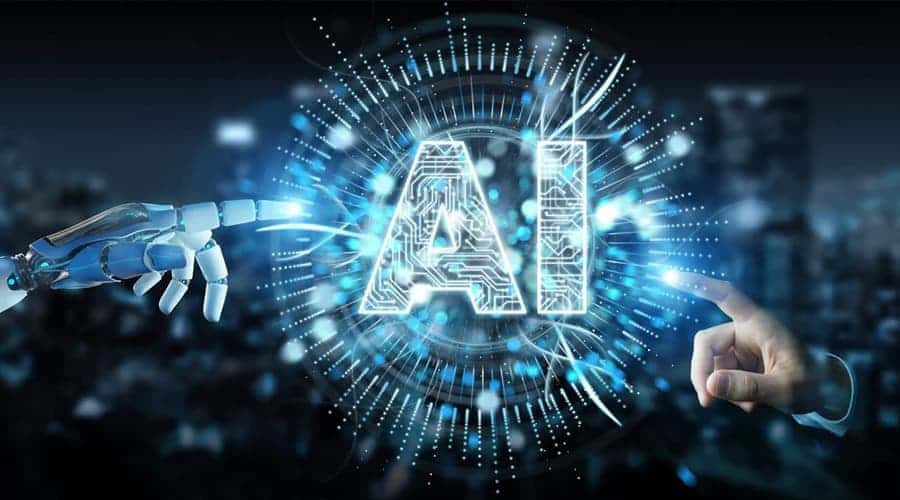info@buoint.com
+1 437 213 0424, +1672 699 3330
info@buoint.com
+1 437 213 0424, +1672 699 3330
Artificial intelligence (AI) is the simulation of human intelligence processes by machines, especially computer systems. AI is rapidly changing the world around us, and is being used in a wide variety of applications, including healthcare, finance, manufacturing, retail, transportation, and education.

Artificial intelligence (AI) is the simulation of human intelligence processes by machines, especially computer systems. Specific applications of AI include expert systems, natural language processing (NLP), speech recognition and machine vision.
AI is rapidly changing the world around us, and is being used in a wide variety of applications, including:
AI is still in its early stages of development, but it has the potential to revolutionize many industries and aspects of our lives.
Here are some specific examples of how AI is being used today:
These are just a few examples of the many ways that AI is being used today. As AI continues to develop, we can expect to see even more innovative and groundbreaking applications in the future.
Challenges and Opportunities of AI
AI presents a number of challenges and opportunities. Some of the challenges include:
Despite these challenges, AI also presents a number of opportunities. AI can help us to solve some of the world’s most pressing problems, such as climate change and disease. AI can also help us to improve our lives in many ways, such as by providing us with better healthcare, education, and transportation.